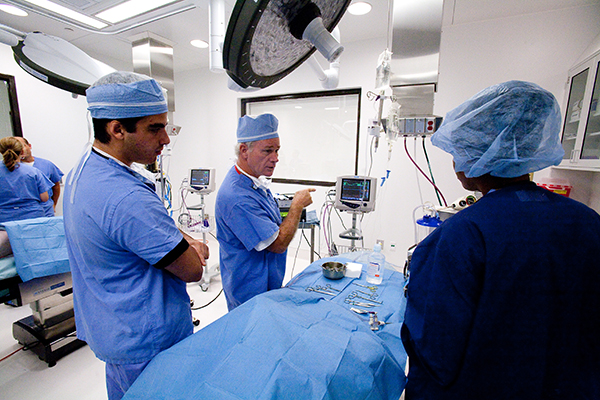Why GCMI for your preclinical or bioskills programs? Flexibility.
As the preclinical CRO industry consolidates, creativity and flexibility suffer. GCMI and our preclinical arm, T3 Labs, works around your needs, around you and your surgeons’ availability, not the other way around. We work beyond the bankers hours because we know time is of the essence, deadlines must be met and your innovation is not…








